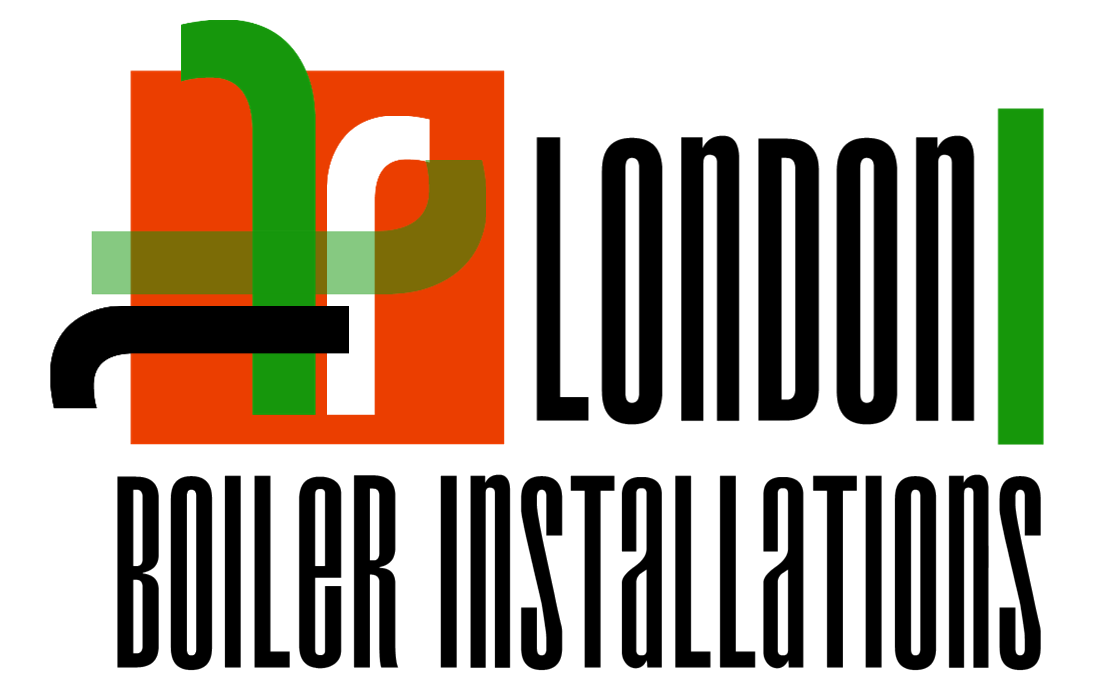- CALL NOW NO CALL-OUT FEE
- 020 3519 0477
Corrosion Elements in a System
Devices for Domestic Heat Control
April 29, 2014Modern boilers and radiators are made from fairly thin metals, and if you fail to take basic anticorrosion measures, the life of the system can be reduced to 10 years or less. Corrosion may result either from hard-water deposits or from a chemical reaction between the water and the system’s metal components. Boiler Installations London tradesmen know corrosion.Limescale:Scale builds up quickly usually in hard water areas of the country. Even a thin layer of lime scale on the inner wall of the boiler’s heat exchanger will cause a reduction in its efficiency and many times is the cause of banging and knocking that can be heard within the system. In fact, the scale can provide an insulating effect in sections of the heat exchanger to such an extent that it produces ‘hotspots’, which can lead to premature failure of the component.Rust:Rust corrodes steel components, most notably radiators. Believe it or not, most rusting occurs within a few weeks of filling the system, but if air is being sucked in constantly, then rusting is very progressive. Having to bleed radiators at regular intervals is a sure sign that there is being drawn into the system. Boiler Installation London plumbers are all trained about rust.Sludge:Magnetite (black sludge) causes clogging within the circulating pump and builds up in the bottom of radiators. This will reduce the heat output of the radiator drastically.Electrolytic Action.Dissimilar metals, such as copper and aluminium, will act just like a battery in the acidic water that is present in some central heating systems. This will produce a reaction that corrodes the metal, therefore, it is s good idea to ensure that an Anode is fitted in immersion heaters.“
